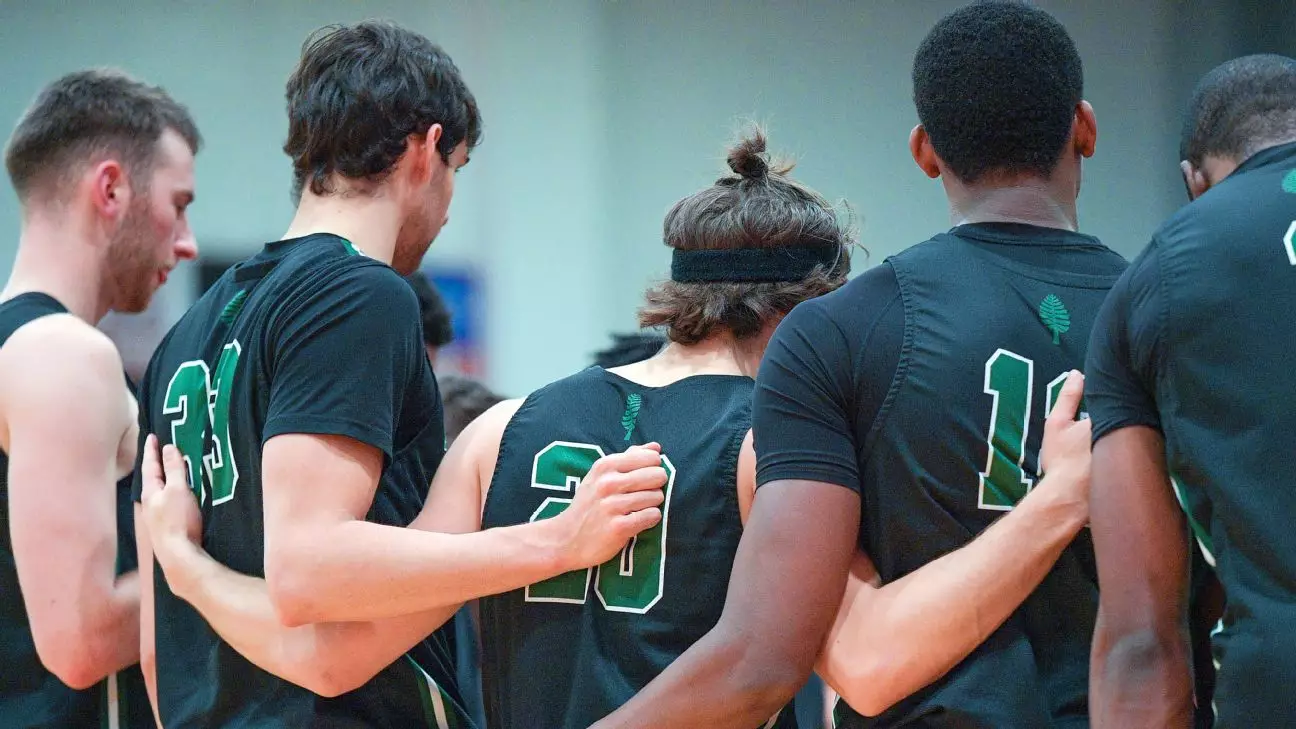In a groundbreaking decision, a regional official from the National Labor Relations Board (NLRB) has ruled that basketball players at Dartmouth College are considered employees of the school. This ruling opens up the possibility of creating the first-ever labor union for NCAA athletes, allowing them to negotiate not just their salaries, but also their working conditions. While college sports leaders have argued that athletes are students, not employees, this ruling challenges that notion and marks a potential shift in the landscape of collegiate athletics.
The Employee Classification Debate
For years, the NCAA and universities across the country have vehemently defended the classification of athletes as students rather than employees. They have even sought federal legislation to solidify this distinction, as the NCAA faces a federal lawsuit in Pennsylvania on this very matter. However, this recent ruling by the NLRB regional director in favor of the Dartmouth basketball players highlights the growing contention over this controversial issue.
Implications for College Athletes
Should this ruling stand, college athletes may gain the right to unionize and collectively bargain on a range of issues, including salary and working conditions. Beyond financial compensation, this could also have significant implications for practice hours, travel arrangements, and even academic support for athletes. The power dynamic between colleges and their athletes would undoubtedly shift, with athletes potentially gaining more control over their own destinies.
A Potential Ripple Effect
If this ruling is upheld, it could have far-reaching consequences for other areas of college life. The NLRB is currently reviewing a complaint in California asserting that football and basketball players at the University of Southern California (USC) should also be classified as employees. If successful, this could set a precedent that extends beyond athletics. Questions may arise about whether students involved in music programs or other extracurricular activities could also be considered employees. The door to reevaluating the fundamental nature of student involvement in college activities could be pushed wide open.
Dartmouth College, like many institutions, argues that athletics are an integral part of its academic mission. The college contends that students who participate in intercollegiate athletics are primarily students, with athletic participation being secondary. They draw parallels between sports and other activities, such as performing in the school orchestra or engaging in club sports. Dartmouth claims that the focus should remain on education rather than viewing athletes purely as employees.
One of Dartmouth’s main arguments against classifying athletes as employees is the assertion that their men’s basketball program operates at a loss. However, the players’ representatives counter this claim by pointing out that the financial calculations conveniently leave out revenue streams that the basketball team contributes to the college. They argue that profitability should not be the sole determinant; rather, the contribution of revenue and the control coaches have over players should be considered.
This ruling is just one component of the mounting challenges facing the NCAA’s amateurism model. In addition to the NLRB decision, the NCAA is currently dealing with six antitrust lawsuits, including a recent filing by attorneys general from Tennessee and Virginia. These lawsuits challenge the limitations on how recruits can be compensated for their name, image, and likeness, signaling a seismic shift in the way college sports operate. With the recent Supreme Court ruling allowing for limited forms of payment to college athletes, the NCAA has already relaxed some of its rules to accommodate this changing landscape.
The future of college athletics is uncertain, but it is clear that change is on the horizon. As legal and political pressures continue to mount against the NCAA’s amateurism model, the classification of college athletes as employees could become more prevalent. This would fundamentally alter the relationship between colleges and their athletes, potentially empowering athletes in ways they have not experienced before. It remains to be seen how this evolving landscape will impact the world of college sports, but one thing is certain: the conversation surrounding the employment status of college athletes is far from over.

